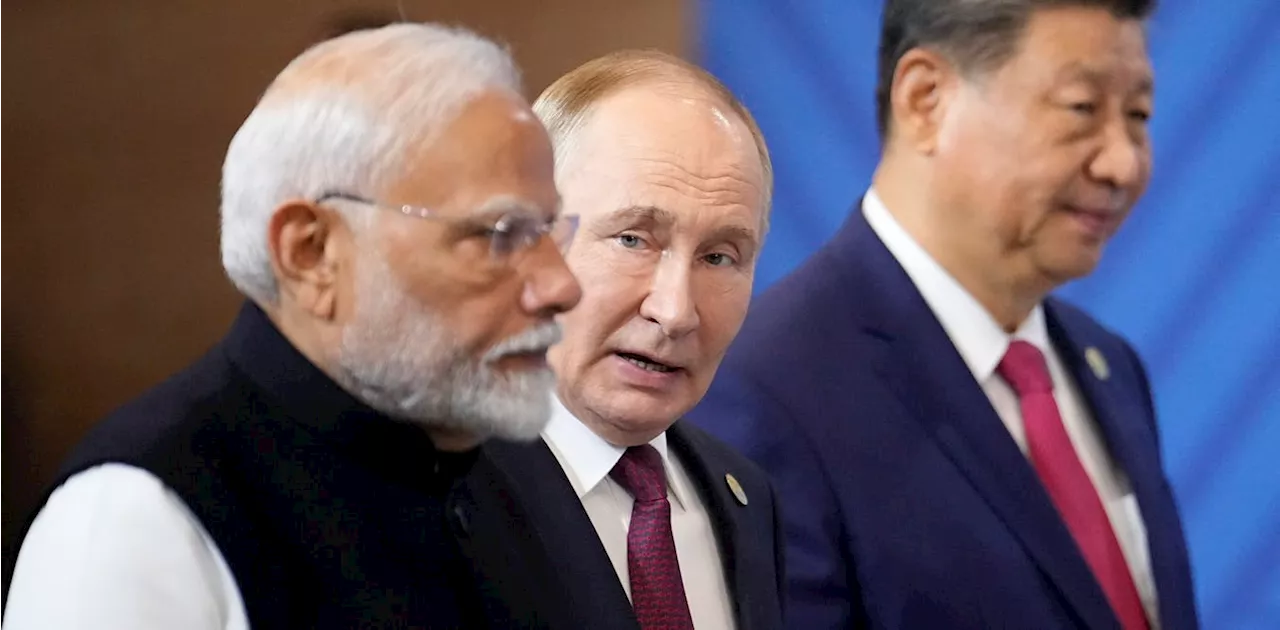Putin used the summit to push his own vision of Brics as a counter-point to the west, but it is a view that not all camps in the group share.
The recent Brics summit in the Russia n city of Kazan was less notable for what happened at the meeting than for what happened before, on the margins, or not at all. Among the notable things that did not happen was another expansion of the organisation.
And Kazakhstan, Russia’s largest neighbour in Central Asia, decided not to join shortly before the summit. This drew Russia’s ire, resulting in a prompt ban on imports of a range of agricultural products from Kazakhstan in retaliation. But the fact that, since then, only six invitations have been extended – and four accepted – indicates that formal enlargement of the organisation, at least for now, has been stymied by the inability of current members to forge consensus over the next round of expansion and the reluctance on the part of some invitees to be associated with the organisation.
A warming of relations between China and India could generate more momentum for Brics to deliver on its ambitious agenda to develop, and ultimately implement, a vision for a new global order. Implicit in this would be a shift of leadership in Brics from China and Russia to China and India, and with it, potentially a change from an anti-western to a non-western agenda.
This may be a view shared in the global east – Russia, China and Iran, as well as non-Brics members North Korea, Cuba and Venezuela. But many in the global south – particularly India and Brazil – are unlikely to go all in with this agenda. They will focus on benefiting from their Brics membership as much as possible while maintaining close ties with the west.
Turkey and India may not see eye-to-eye with the west on all issues. But neither do they with the global east camp inside Brics, and especially not with Russia. If nothing else, this limits the ability of Brics to forge a coherent agenda, deepen integration and ultimately mount a credible challenge to the existing order.
China Give Me Perspective India New World Order Russia West
Australia Latest News, Australia Headlines
Similar News:You can also read news stories similar to this one that we have collected from other news sources.
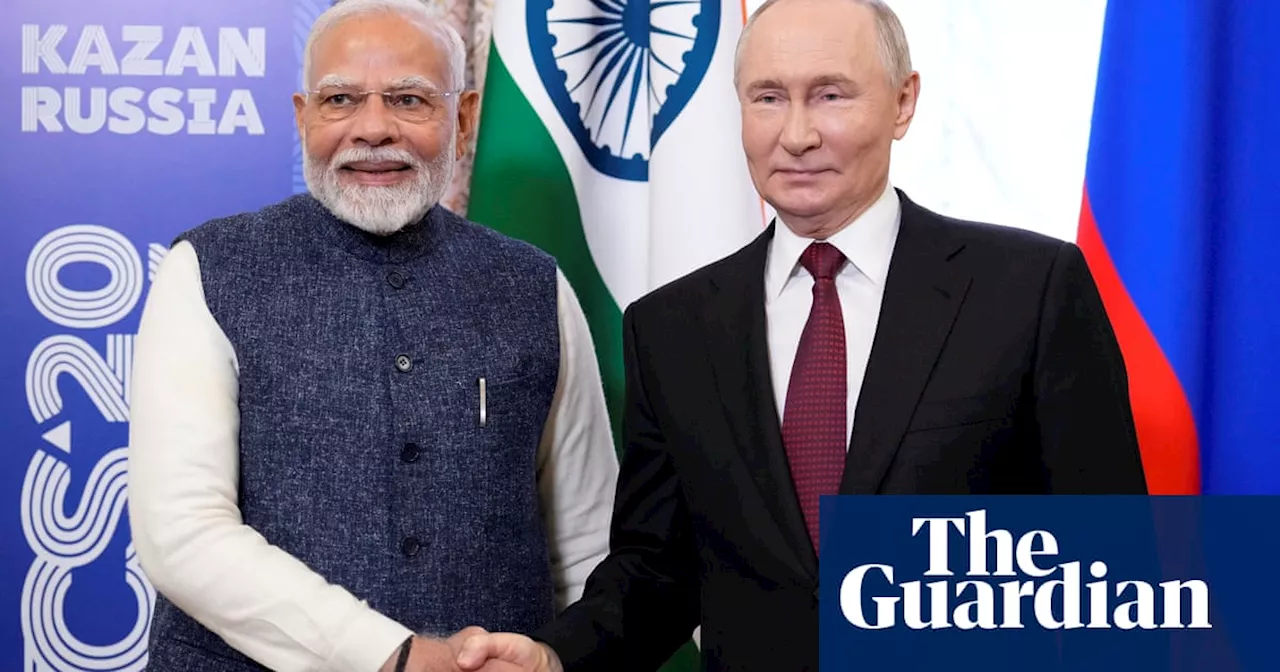 Putin plays host to 36 world leaders at Brics summit in RussiaUnclear if UN secretary general will attend Kazan meeting of countries including China, India and Iran
Putin plays host to 36 world leaders at Brics summit in RussiaUnclear if UN secretary general will attend Kazan meeting of countries including China, India and Iran
Read more »
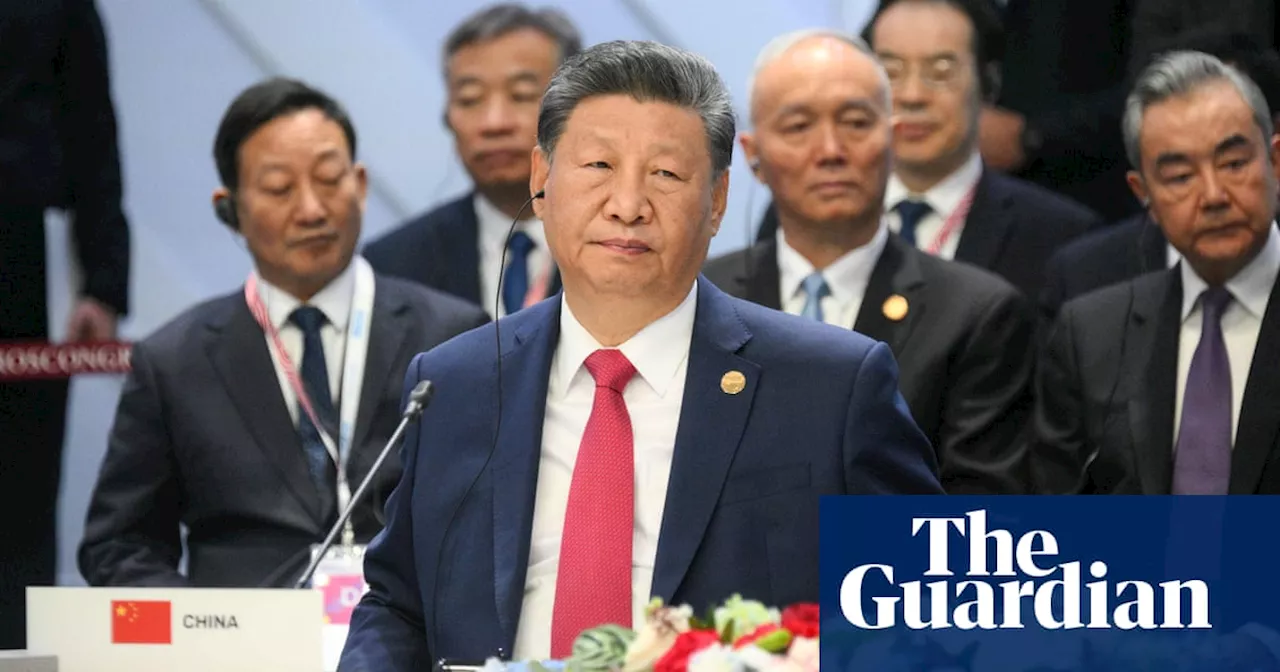 Ukraine war briefing: Brics summit backfired on Putin with calls for peace, says KyivXi Jinping among world leaders in Russia advising against escalation; any North Korean troops ‘fair game’ on Ukraine battlefield, says US. What we know on day 974
Ukraine war briefing: Brics summit backfired on Putin with calls for peace, says KyivXi Jinping among world leaders in Russia advising against escalation; any North Korean troops ‘fair game’ on Ukraine battlefield, says US. What we know on day 974
Read more »
 Brazilian President Lula Suffers Minor Brain Hemorrhage in Fall, Cancels BRICS TripBrazilian President Luiz Inácio Lula da Silva sustained a minor brain hemorrhage after a fall and will not attend the BRICS summit in Russia. Doctors say Lula suffered 'great' trauma to his head and a slight brain bleed but is otherwise fit for duty. He will participate in the summit via videoconference as a precaution.
Brazilian President Lula Suffers Minor Brain Hemorrhage in Fall, Cancels BRICS TripBrazilian President Luiz Inácio Lula da Silva sustained a minor brain hemorrhage after a fall and will not attend the BRICS summit in Russia. Doctors say Lula suffered 'great' trauma to his head and a slight brain bleed but is otherwise fit for duty. He will participate in the summit via videoconference as a precaution.
Read more »
 Turkey attempts to broker power between east and west as it bids to join BricsTurkey is juggling alliances within Nato and potentially with Russia and China.
Turkey attempts to broker power between east and west as it bids to join BricsTurkey is juggling alliances within Nato and potentially with Russia and China.
Read more »
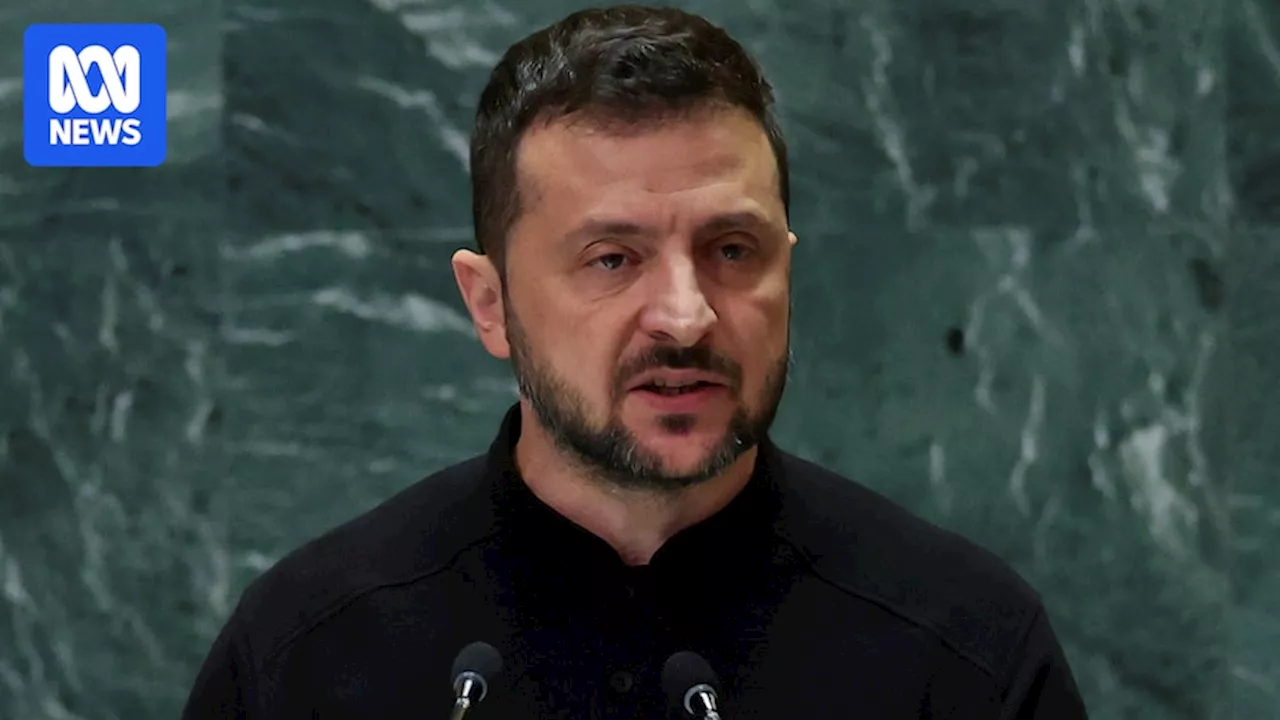 Zelenskyy Warns Of Russian Nuclear Plant Attack Plans As Putin Updates 'Nuclear Doctrine'Ukrainian President Volodymyr Zelenskyy has warned the UN General Assembly of Russia's plans to strike nuclear power plants, accusing Moscow of threatening a catastrophe that could reach beyond Ukraine's borders. Meanwhile, Russian President Vladimir Putin announced an update to Russia's 'nuclear doctrine', effectively rewriting the rules for the use of nuclear weapons and appearing to lower the threshold for their deployment.
Zelenskyy Warns Of Russian Nuclear Plant Attack Plans As Putin Updates 'Nuclear Doctrine'Ukrainian President Volodymyr Zelenskyy has warned the UN General Assembly of Russia's plans to strike nuclear power plants, accusing Moscow of threatening a catastrophe that could reach beyond Ukraine's borders. Meanwhile, Russian President Vladimir Putin announced an update to Russia's 'nuclear doctrine', effectively rewriting the rules for the use of nuclear weapons and appearing to lower the threshold for their deployment.
Read more »
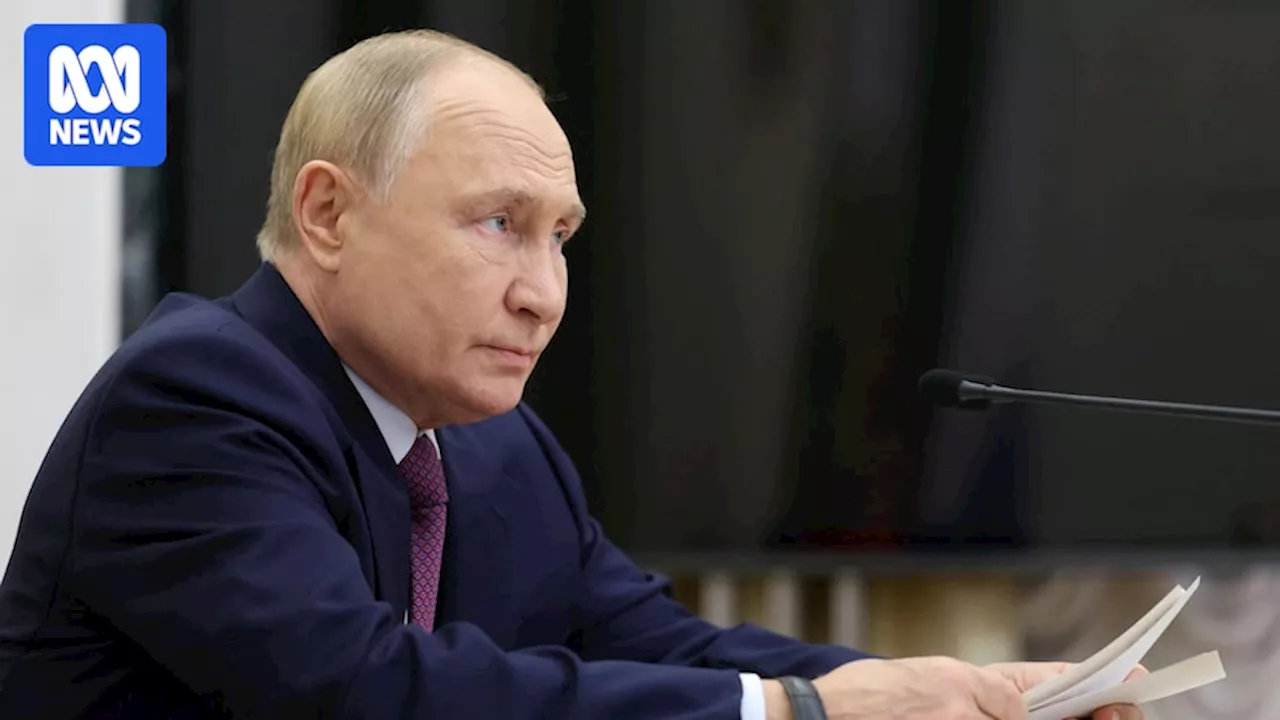 Putin Broadens Russia's Nuclear Doctrine To Include Conventional AttacksRussian President Vladimir Putin has announced changes to Russia's nuclear doctrine, lowering the threshold for potential nuclear weapon use. He stated that Russia could deploy nuclear weapons in response to conventional attacks and consider any attack supported by a nuclear power as a joint attack.
Putin Broadens Russia's Nuclear Doctrine To Include Conventional AttacksRussian President Vladimir Putin has announced changes to Russia's nuclear doctrine, lowering the threshold for potential nuclear weapon use. He stated that Russia could deploy nuclear weapons in response to conventional attacks and consider any attack supported by a nuclear power as a joint attack.
Read more »
